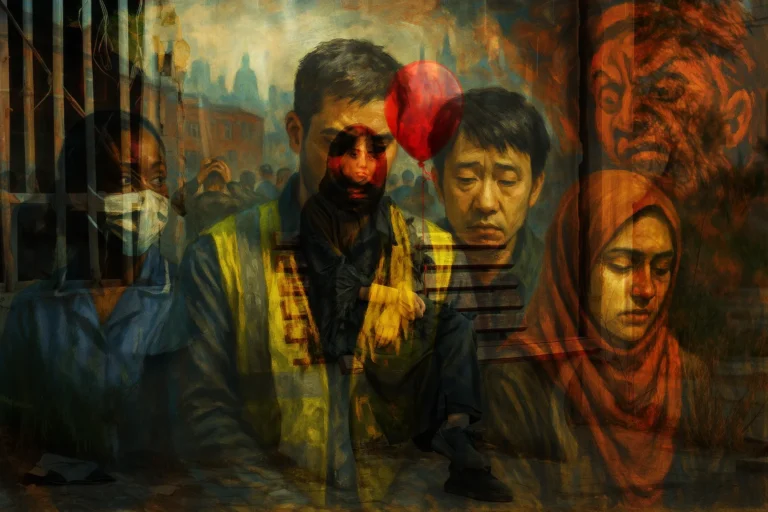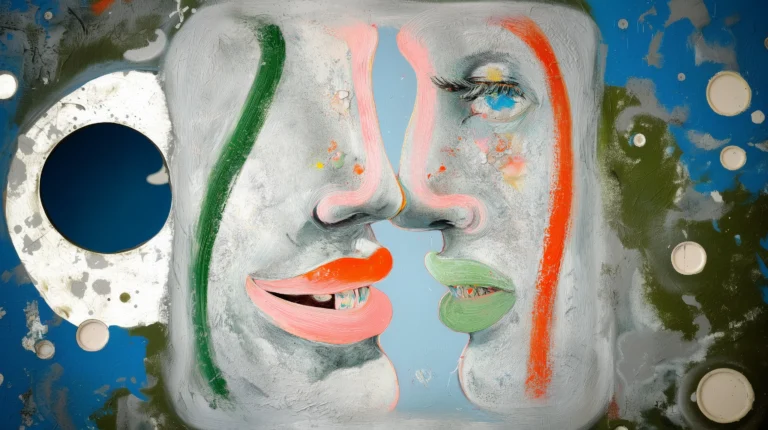The Alcohol Industry’s Stakeholders and Drug Policy in the UK
Key take-aways
- Alcohol wealth is concentrated at the very top. Heineken heiress Charlene de Carvalho-Heineken (£13 bn), the William Grant & Sons whisky dynasty (£6 bn+), and other billionaire families anchor the UK’s drinks sector.
- Politicians have skin in the game. Examples include Lord Bilimoria (founder of Cobra Beer) and MPs whose constituencies depend on breweries or pubs; the All-Party Parliamentary Beer Group boasts 200 + MPs/peers and is bank-rolled by AB InBev, Carlsberg, Diageo, etc.
- Lobby money flows. The Beer, Wine & Spirits industry spent > £5 m on UK lobbying in the 2024 cycle; corporate hospitality and party-conference events keep lawmakers close to brewers and distillers.
- £13 billion a year in duty buys political caution. Alcohol excise delivers about 1 % of total UK tax revenue and supports an estimated 900 k jobs, figures endlessly cited in Parliament.
- Cannabis = competitive threat. Canadian data show legal weed cut alcohol sales ~2 %; 60 % of Canadian users consciously drink less. Global drinks giants warn investors that cannabis is “real competition.”
- Therefore the industry quietly resists reform. No brewer testifies openly against cannabis, but funded APPGs, donations, and “public-health” talking points stall UK legalisation while preserving alcohol’s privileged status.
- Conflicts of interest surface. A drugs minister opposed to reform had a spouse running a licensed cannabis farm; another MP’s hedge-fund spouse held a medical-cannabis stake—yet recreational use remains outlawed.
- Policy outcome: slow lane. Despite growing public support and evidence from abroad, the UK keeps cannabis (Class B) and psychedelics (Class A) illegal—aligning perfectly with incumbent alcohol interests.
Full report
Download the detailed 9-page PDF that documents ownership structures, lobbying links, parliamentary debates and economic data:
Download the full research PDF
Disclaimer & Context
This research does not suggest that any psychoactive substance is inherently “safe.” Alcohol, cannabis, psychedelics — each carries real risks that depend on dose, setting, age, mental-health status, and many other factors.
What the evidence does show is that a purely punitive approach has failed to reduce harm, while keeping safer, regulated options out of reach and leaving alcohol as the default legal drug despite its well-documented toll on health and society.
Why we raise the issue
- To upgrade public understanding: honest education beats “just-say-no” messaging.
- To offer legal, supervised access for treatment and personal growth (as Australia now does with MDMA & psilocybin prescriptions; as Oregon and Colorado do via licensed psilocybin services).
- To replace punishment with harm-reduction training — Portugal’s decriminalisation model shows that support, not jail, lowers addiction deaths and HIV rates.
- To acknowledge proven alternatives: countries such as Canada, Uruguay, Germany and Thailand already regulate adult cannabis; Switzerland, the Netherlands and parts of the USA run controlled medical-psychedelic programmes.
Ignoring these realities, or pretending the problems do not exist, only entrenches alcohol’s monopoly and perpetuates unnecessary harms. A regulated, evidence-based framework like those adopted abroad can:
- Protect consumers through quality control and age limits.
- Generate tax revenue that funds mental-health and addiction services.
- Undercut illicit markets that currently supply untested products.
The goal is education, health and choice — not a free-for-all. Balanced policy gives adults legal, safer avenues while minimising youth access and misuse. In short, smarter laws can reduce harm across the board rather than keeping society locked into a single, high-risk legal intoxicant.







